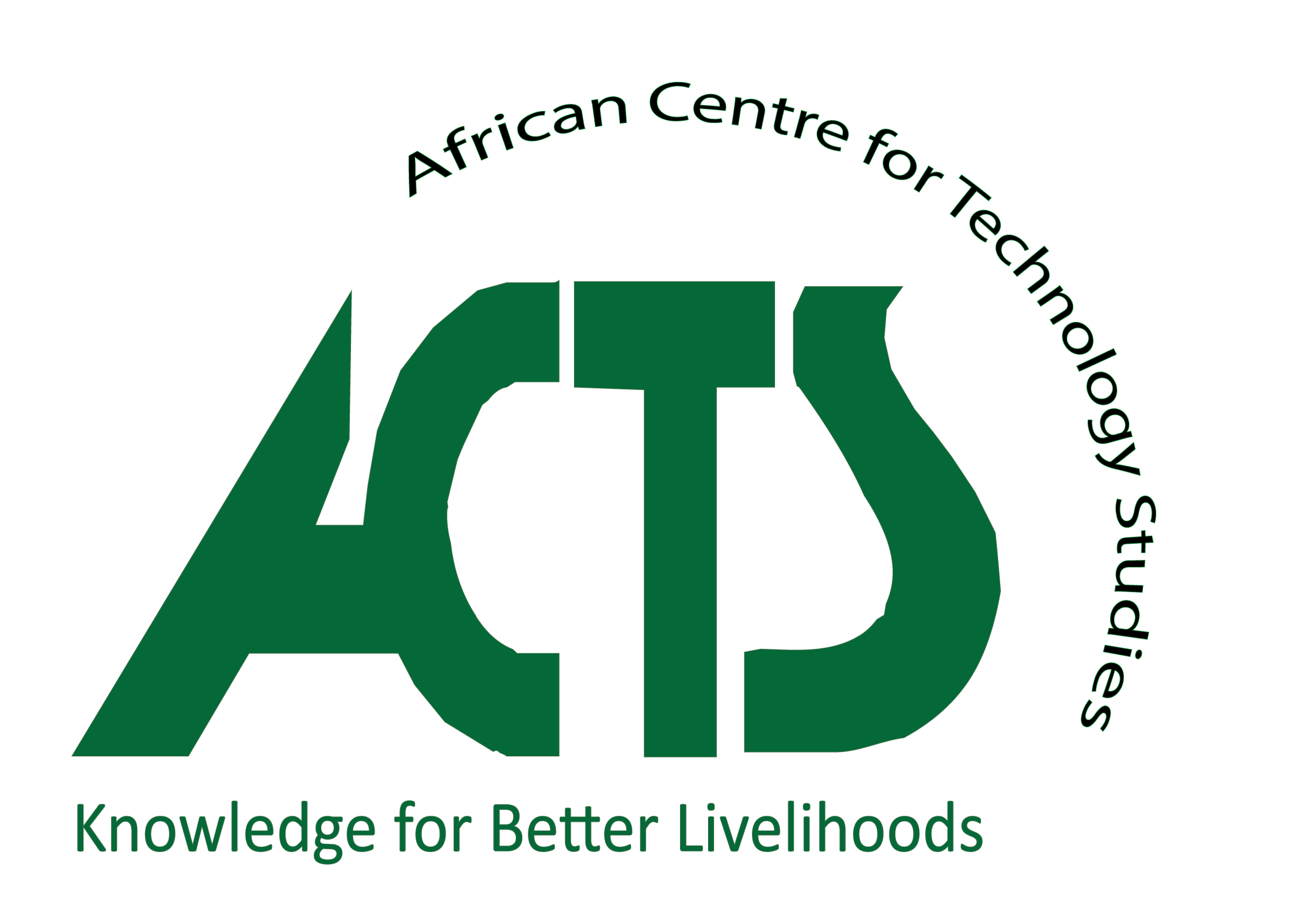Dr. Catherine Kilelu , 3R Kenya Project Coordinator - ACTS
From 15 - 17th November 2017, various stakeholders in the Dairy industry in Africa gathered in Johannesburg for the African Dairy conference and Exhibition organised by the East and Southern Africa Dairy Association (ESADA) (https://www.dairyafrica.com/afda). ESADA has convened this annual meeting since 2005.
The conference creates a platform for the actors in the region to strategize on how best to drive the development of a sustainable and competitive industry, bolster intra-region trade and contribute to economic development, and food and nutrition security in the continent.
 |
The theme of the conference was “Sustainable Dairying: An African Perspective”. According to a representative of International Finance Corporation (IFC) at the conference, the African dairy sector is projected to grow by 30% by 2025, driven by increased consumer demand for the milk and other dairy products in the continent. This will be the fastest growing dairy sector globally and is therefore attracting attention of many internal and external investors.
The presentations and dialogue at the conference revolved around key issues that will drive the dairy industry development agenda and included:
Competitive and sustainable dairying in a global market
At the opening, it was noted that the ambition to grow Africa’s dairy sector is happening at a time of mixed signals where on one hand, are emerging complex challenges including climate change and other sustainability issues, on the other, exiting opportunities of a transforming and growing industry. Presenters from the International Livestock Research Institute (ILRI) and Wageningen Livestock Research (WLR) highlighted the imperative for embracing efficient, innovative, and inclusive and climate smart practices in order to promote a sustainable sector.
 |
Other speakers noted that the African dairy industry growth is inextricably linked to a competitive but highly volatile global dairy market. ESADA participants at the recent International Dairy Congress, in Belfast noted how global dynamics dairy products market (marked by high price indices) has a huge bearing on the need for a competitive dairy industry in the continent. Tetra Pak illustrated the sub-regional differences (East, West, and South Africa) of how the sector can develop taking into account different consumption patterns and demand in these regions. Relatedly, changing consumer demand in the major dairy producing and consuming countries (e.g. North America, Europe) with a growing anti-dairy push is resulting in industry players in these countries looking at Africa as a new frontier market. How can the African dairy industry holistically position itself to competitively offer quality and affordable products to its population amid this market dynamic?
Quality and safety- A key driver for competitiveness of the sector is the aspect of quality and safety assurance of dairy products. As the market evolves and a growing demand for value added and processed products, it necessitates high level of quality control and strict adherence to regulatory requirements. Several presentations at the conference emphasised the importance of the dairy industry players being at the forefront of pushing the quality and safety agenda, with the regulators mainly providing an enabling environment. This has been the experience of Milk SA, in driving a shared vision for promoting quality and safe milk and dairy products as part of spurring South Africa’s competitiveness. Milk SA comprises the milk producers’ organization and the milk processors organization, who closely collaborate with the Dairy Safety Agency in ensuring safety and quality standards for the consumers. The role of consumer education in promoting the nutritional and health benefits needs to be well considered as the experience of South African highlighted. Happy Cow, a dairy processor in Kenya presented lessons learnt from a pilot on quality based milk payment system in a smallholders dominated context. The presentation highlighted the need for regulators and main industry players to commit to supporting such a system in order to drive industry development anchored on important parameters of safety and quality.
Innovation to support competitiveness and sustainability- Innovation is at the core of driving a competitive and sustainable African dairy industry. A range of innovations were showcased including more high-tech innovations such as the AI Shield- a new AI tank that is being developed through Global Good, a collaborative effort between Bill Gates and Intellectual Ventures. AI Shield addresses the challenge of high AI failure rates in the region by protecting frozen bull semen from adverse temperature fluctuations common in removing the canister from traditional cryogenic refrigerators. There was also presentations on an expanding range of milking units (DeLaval) and packaging materials and processes (Sojitz and Ampack GmbH) in the market that aim to reduce post-harvest loss, and extended shelf life processing technologies (GEA-SA).
A collaborative effort of CTA- Wageningen Livestock Research; SNV and 3R Kenya presented emerging simpler innovations that hold promise to transforming the sector.
 |
These include: Dairynomics- a dairy economics ICT application developed support of SNV in Kenya, targeting a growing number of private dairy advisors working with medium scale dairy producers to enhance efficiency and profitability of the farm enterprises. The Service providers’ enterprise (SPE) is an innovative youth-led group business in Kenya specializing in supporting small-scale entrepreneurial dairy farmers with silage making and other feed and dairy management matters. Similar to SPE, are individual private advisors in Ethiopia trying to curve a business niche for themselves in context where a public extension system dominates. Practical Dairy Training Farms have emerged as training and extension service businesses in Uganda where model farmers are supported to integrate training centers on their farms. Milk ATMs a growing marketing innovation in Kenya that aim to deliver affordable pasteurized milk to broad base of consumers was also presented.
The next ESADA conference of 2019 will be held in Nairobi, Kenya.


